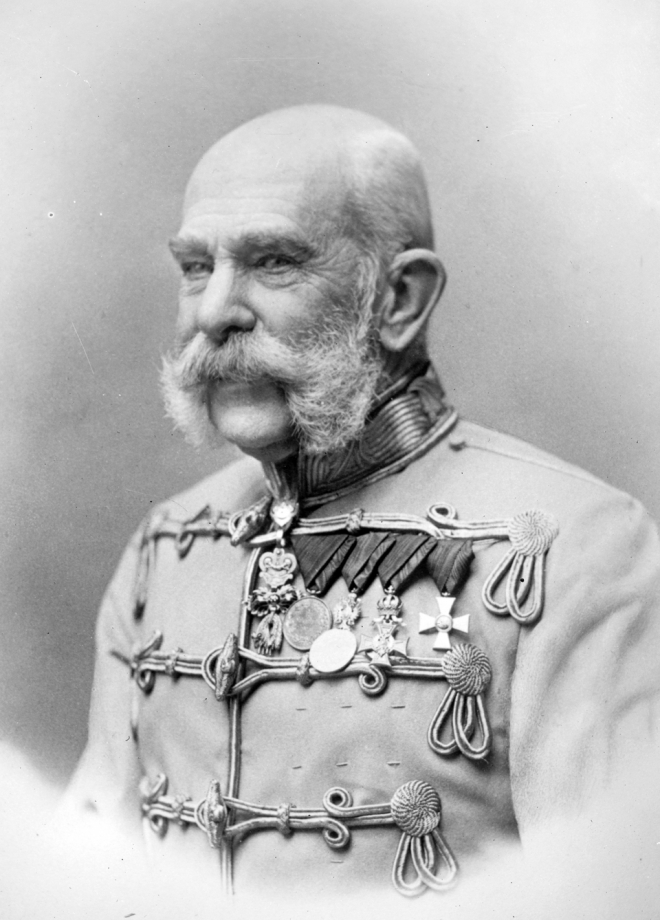
Franz Joseph I Of Austria Height Weight Age Birthplace
Franz Joseph I was Emperor of Austria and King of Hungary, King of Bohemia and many others (see grand title of the Emperor of Austria) from December 2, 1848 until his death on November 21, 1916. From May 1, 1850 to August 24, 1866 he was also President of the German Confederation. He was the longest-reigning Emperor of Austria and King of Hungary, as well as the third longest-reigning monarch.
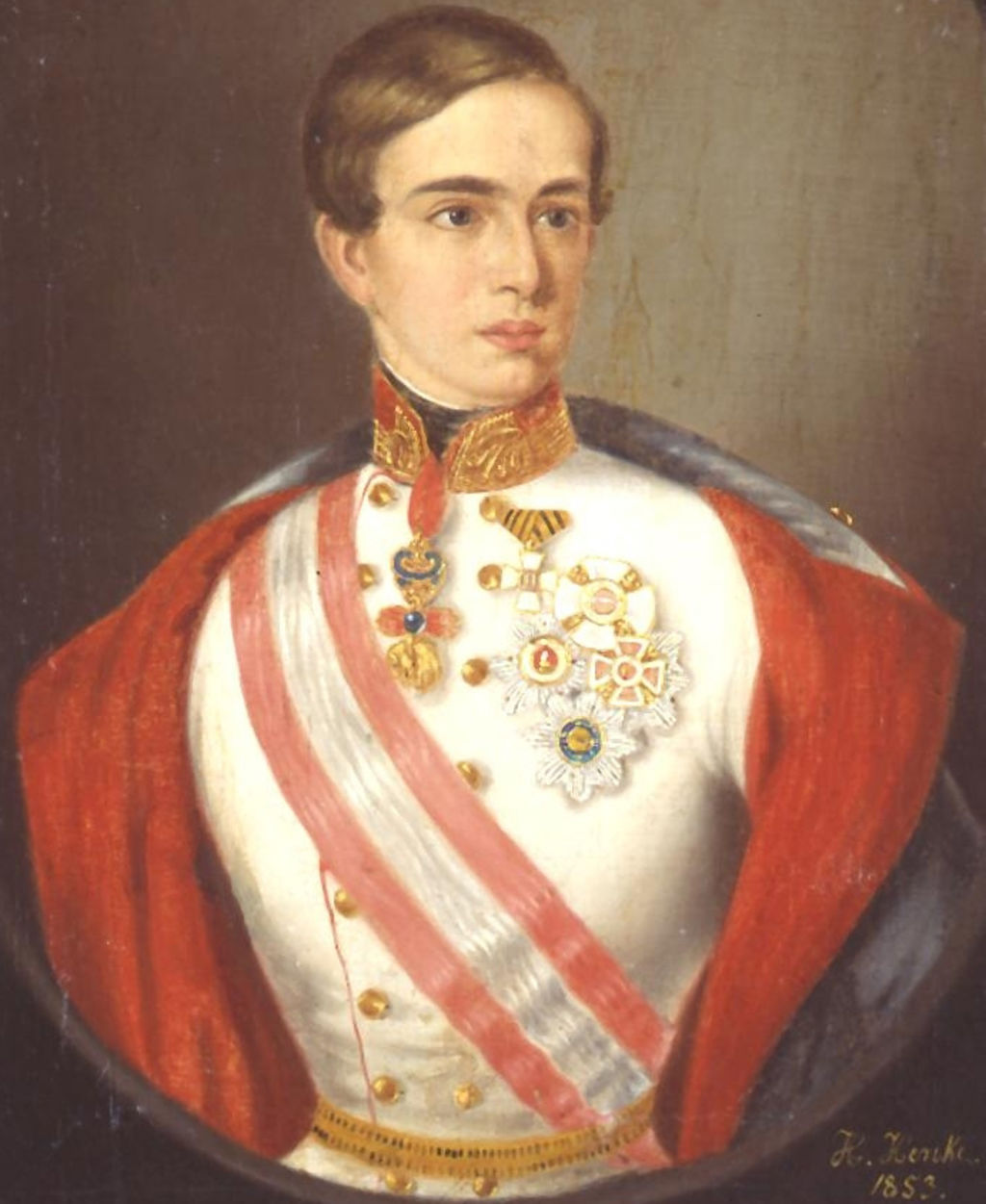
LeMO Objekt Franz Joseph I., Kaiser von Österreich, 1853
Franz Joseph I was born on August 18, 1830, in Vienna's Schonbrunn Palace. He was the firstborn son of Franz Karl (the Archduke and son of Francis II) and Archduchess Sophie. His uncle, Emperor Ferdinand, was the reigning emperor at the time. Because the emperor was not so strong-minded, Franz Joseph's mother decided to bring up his son as.

Franz Joseph I. Biographien im AustriaForum
August 18, 1830, was a day of great celebration in Austria. The House of Habsburg had been long awaiting the birth of a male heir to the inherit the throne. On that day, young Franz Josef was born.

Franz Joseph I A Person in Time ICDS
Franz Joseph ascended the throne of the Austrian Empire in 1848. His concept of rulership was informed by a great sense of duty and mission. After the upheavals of the 1848 revolution he endeavoured to re-establish the legitimacy of monarchical rule and to hold together the multinational state that was threatening to break apart. He was forced to make far-reaching concessions,
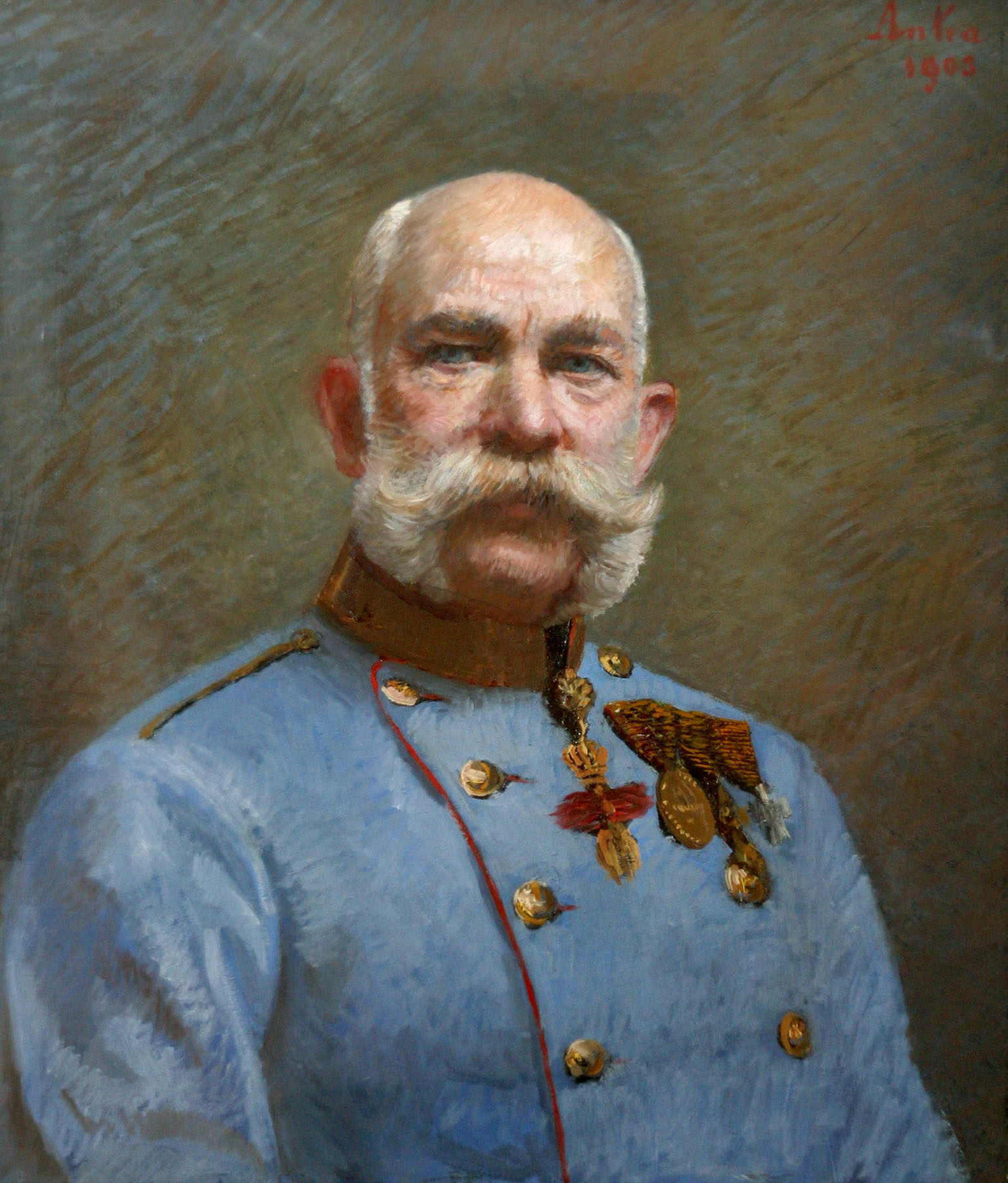
franzjoseph Thats Life. Life as it is!
Franz Joseph looms large in the historical consciousness of posterity. Towards the end of his life he became a semi-mythical figure, a symbol of the Monarchy who was beyond criticism. Even today, Franz Joseph is regarded as the very epitome of the emperor in the successor states of the Monarchy. His personality developed in unique and difficult circumstances: from his earliest

Franz Joseph I.
Francis Joseph, German Franz Josef, (born Aug. 18, 1830, Schloss Schönbrunn, near Vienna—died Nov. 21, 1916, Schloss Schönbrunn), Emperor of Austria (1848-1916) and king of Hungary (1867-1916).He became emperor during the Revolutions of 1848 after the abdication of his uncle, Ferdinand I. With his prime minister, Felix, prince zu Schwarzenberg, he achieved a powerful position for.
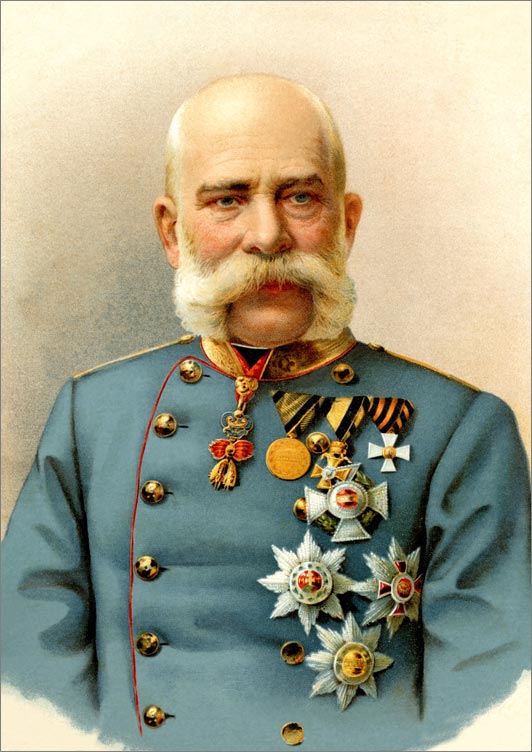
Age of Revolution Franz Josef (Francis Joseph)
The empress frequently spoke of suicide to a terrified Franz Joseph and turned to mediums and psychics to help cure her mental anguish. In 1889, her beloved son, Crown Prince Rudolf, was found.
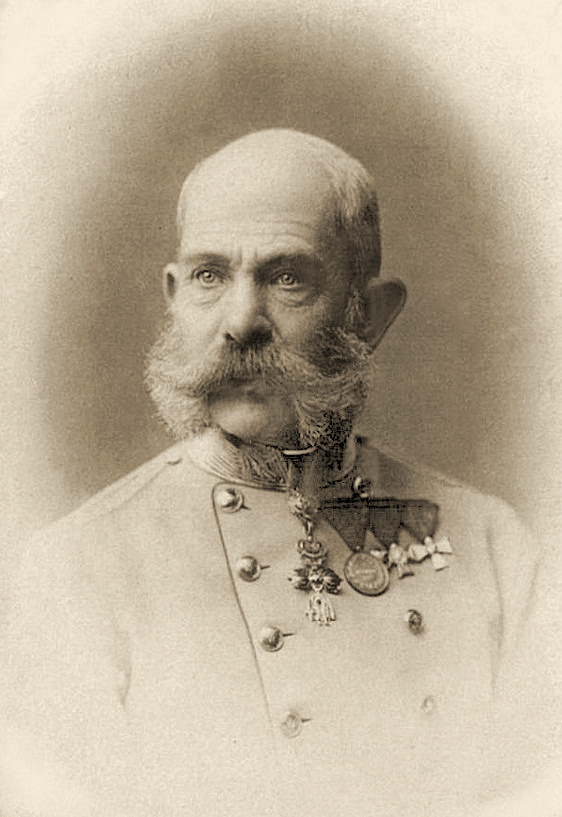
Emperor Franz Joseph I of Austria
Franz Joseph's relations with his only son Rudolf (1858-1889) were very problematic. The crown prince's life is the subject of a separate biography on this site. The youngest daughter, Marie Valerie (1868-1924), was born after an interval of ten years. She is generally seen as the 'fruit' of the Compromise with Hungary concluded in.
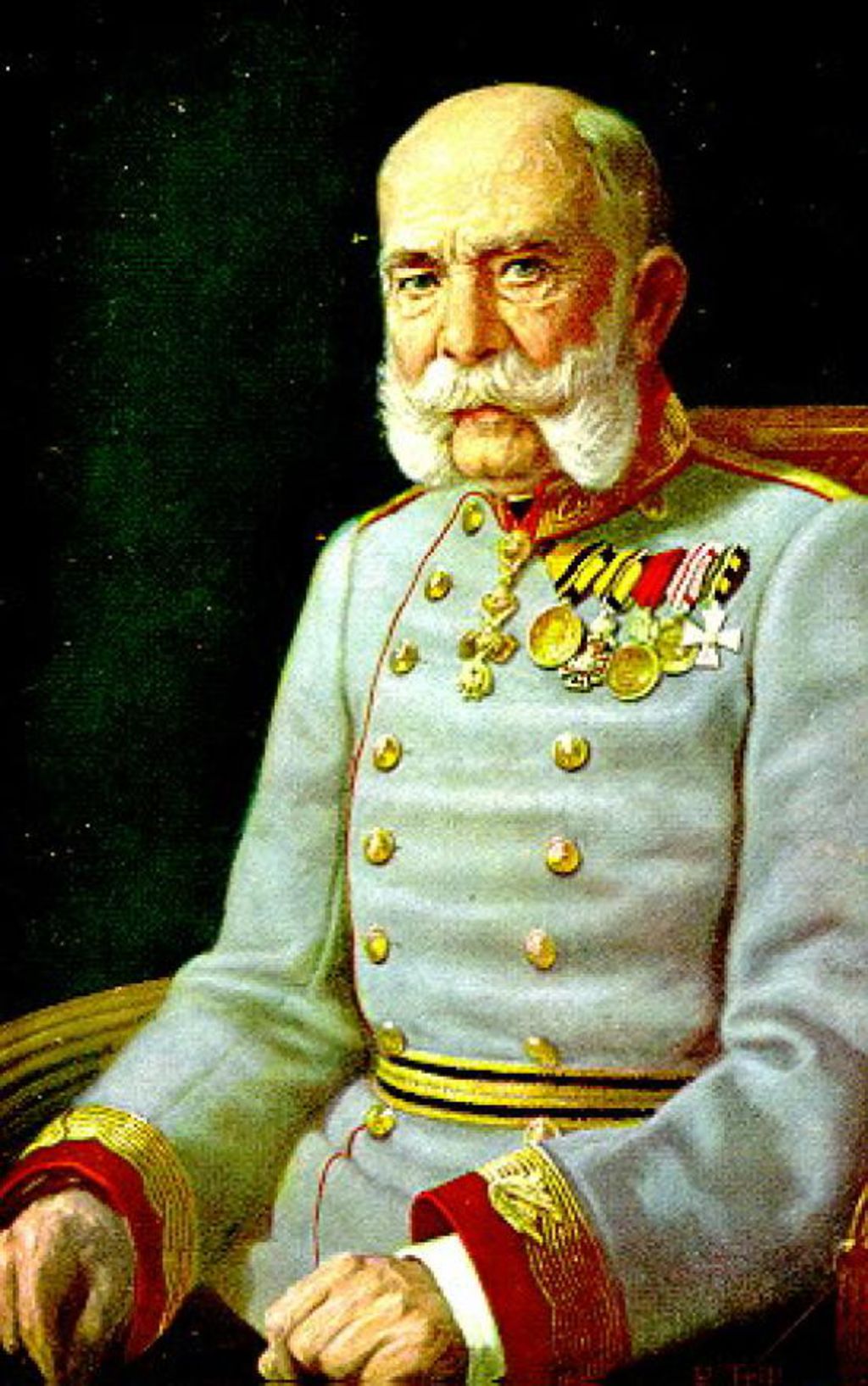
LeMO Bestand Objekt Franz Joseph I., um 1914
Franz Joseph I was the longest-reigning emperor of Austria and the king of Hungary. He ruled over the kingdoms from 1848 to 1916, until his death. He was also the third-longest-reigning ruler in the history of Europe, after Louis XIV of France and Johann II of Liechtenstein. He was also the president of the 'German Federation' from May 1.

Mythos Kaiser Franz Josef 61F
November 1916: The emperor is laid to rest. On 21 November 21 1916, Emperor Franz Joseph I dies at the age of 86 at Schönbrunn Palace in Vienna. He became Emperor of Austria in 1848 and was crowned King of Hungary in 1867. Now, with his death after 68 years of rule, an era comes to an end. At his funeral on 30 November 1916, the Dual Monarchy.

Your Clients and Readers want to Know about Your Personal Life
Franz Joseph was originally promised to Sisi's older sister, Helene. But, when the two families spent a weekend together, it was the younger Bavarian princess who caught the emperor's eye instead.

DateiKaiser Franz Joseph.jpg Wikipedia
Franz Joseph I or Francis Joseph I (German: Franz Joseph Karl [fʁants ˈjoːzɛf ˈkaʁl]; Hungarian: Ferenc József Károly [ˈfɛrɛnt͡s ˈjoːʒɛf ˈkaːroj]; 18 August 1830 - 21 November 1916) was Emperor of Austria, King of Hungary, and the ruler of the other states of the Habsburg monarchy from 2 December 1848 until his death in 1916. In the early part of his reign, his realms and.
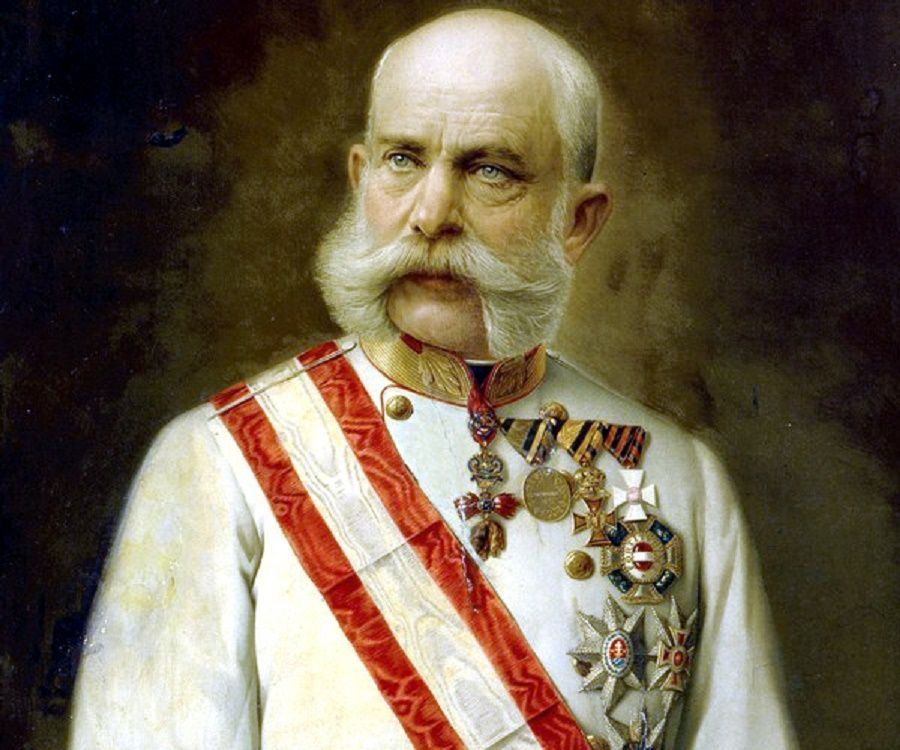
Franz Joseph I Of Austria Biography Facts, Childhood, Family Life
1848-12-02 Franz Joseph I proclaimed Emperor of Austria and King of Hungary, Croatia and Bohemia at Olmütz after the abdication of his uncle Ferdinand I. 1859-06-24 Battle of Solferino, Northern Italy: French under Napoleon III and a Sardinian army under Victor Emmanuel II defeat the Austrian army led by Emperor Franz Joseph I.
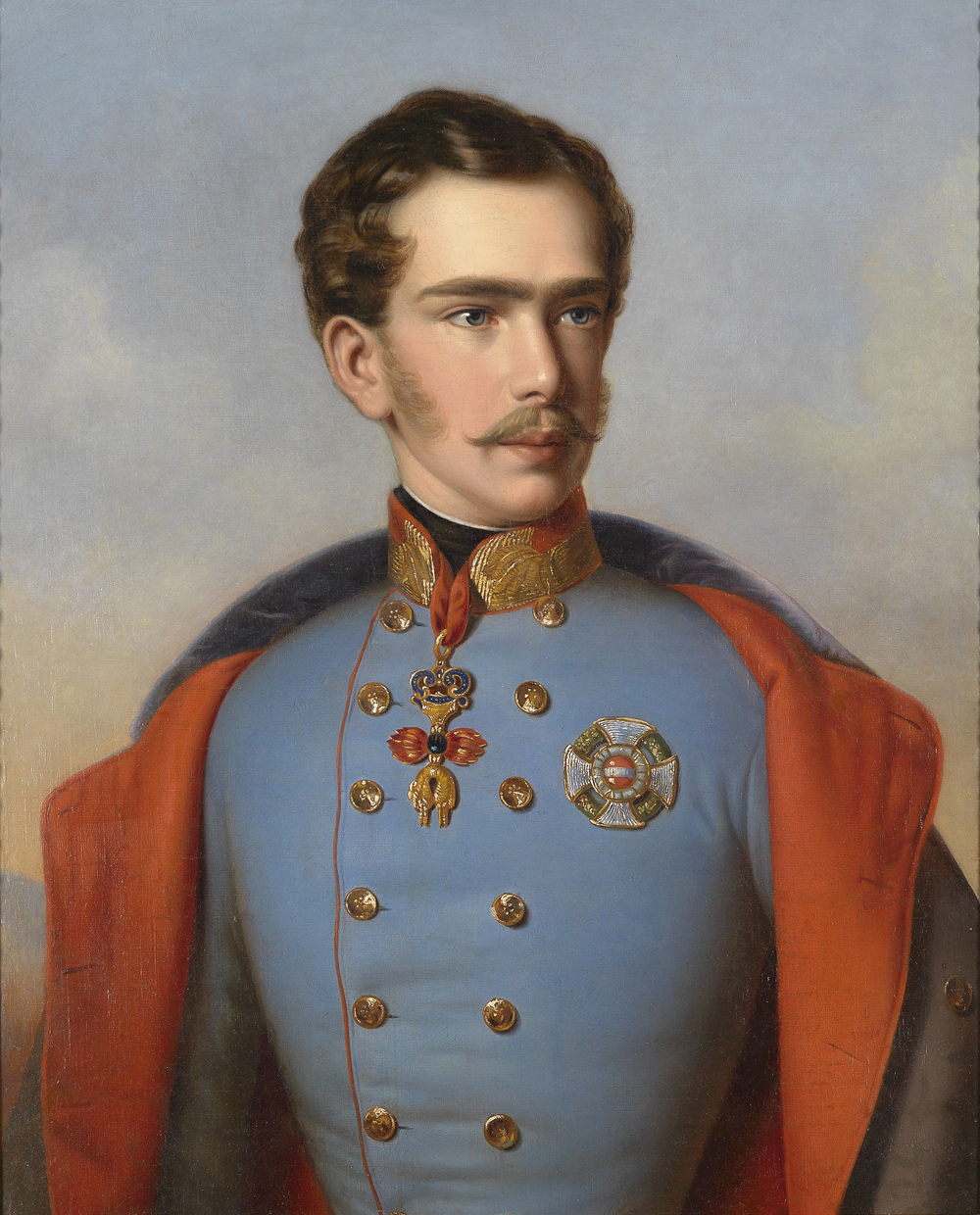
Zwischen Liebe und Hass Kaiser Franz Joseph I. und Russland Russia
The last significant Habsburg monarch, remaining popular to the end of his life, Emperor Franz Josef died on 21 November 1916 after reigning for 66 years. His grand-nephew, Karl I, assumed the throne until 1918 as the last Habsburg monarch. Click here to hear Franz Josef give a speech (recorded in December 1915) in favour of a military fund.

FileFranz Joseph 1865.jpg Wikimedia Commons
Wars during the reign of Franz Joseph included the Second Italian War Of Independence (1859), the Austro-Prussian War (1866), the Third Italian War Of Independence (1866) and the 1899-1901 Boxer Rebellion. He died during World War 1. Charles I of Austria became emperor in 1916 and reigned from 1916-1918. Franz Joseph's 68-year reign is the.
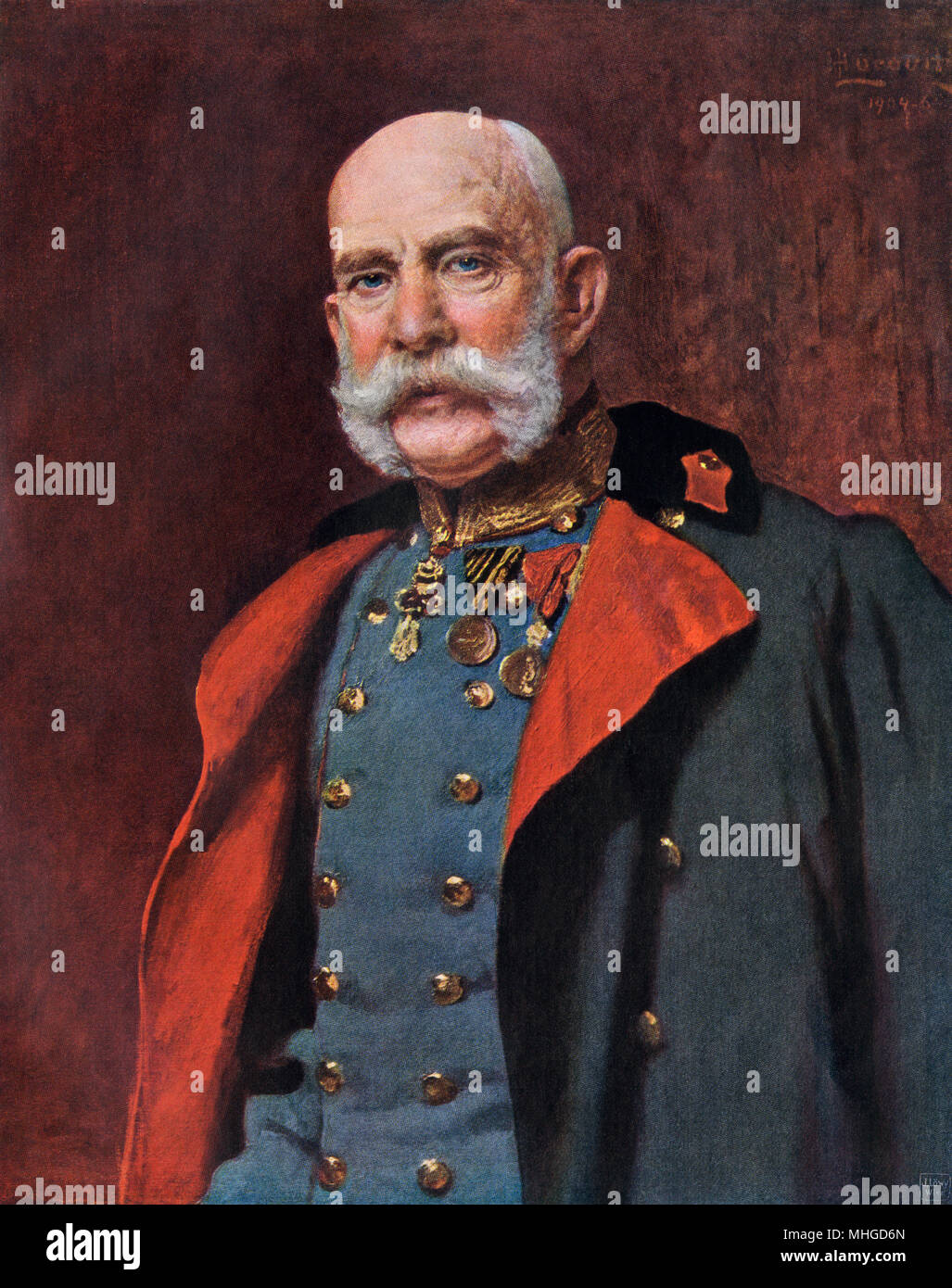
Franz Joseph I, Emperor of Austria. Printed color reproduction of an
Franz Joseph - Emperor, Austria-Hungary, Reformer: Although he had been raised to be a soldier and wore a uniform all his life, Franz Joseph was no more a strategist than he was a statesman. He made up for this deficiency by the careful study of documents, by an extraordinarily retentive memory, and by being a shrewd judge of character. Invariably well informed and familiar with the reports of.